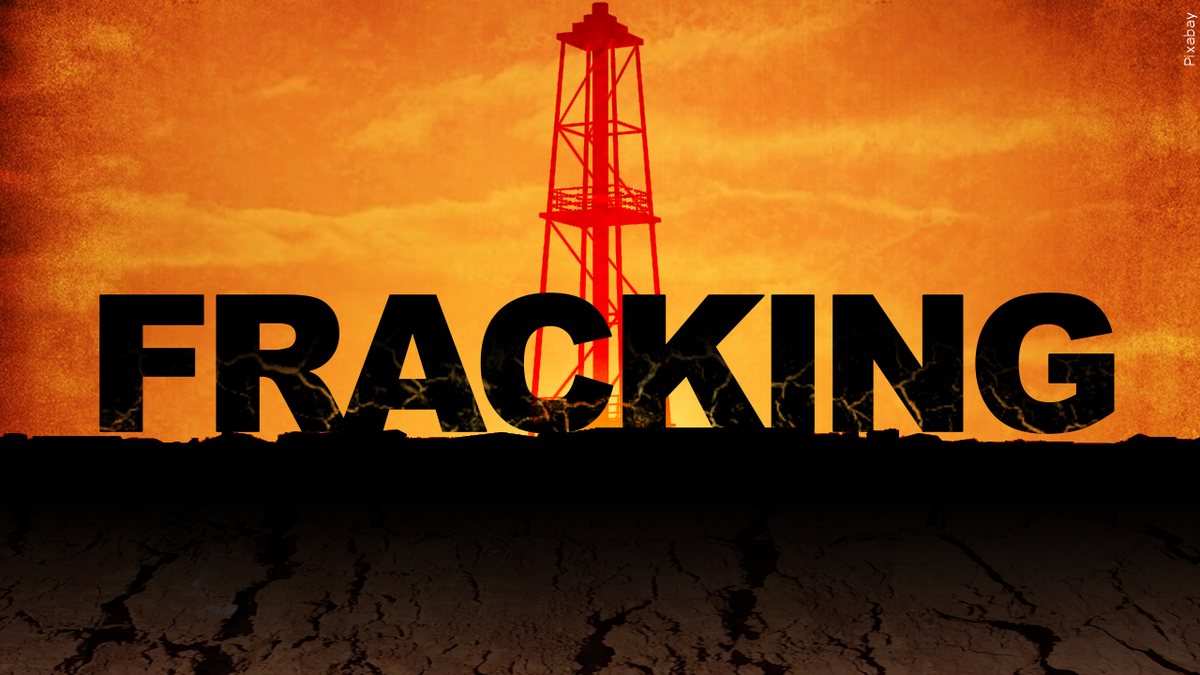Court of Appeals rules in favor of Santa Barbara Channelkeeper, conditionally prohibits federal government fracking off California shores

SANTA BARBARA COUNTY, Calif. – The Ninth Circuit Court of Appeals ruled in favor of the Santa Barbara Channelkeeper (SBCK) and the Environmental Defense Center (EDC) to conditionally prohibit federal government fracking and acidizing off of California shores.
Kristen Monsell, oceans program legal director at the Center for Biological Diversity, said the court ruled that the federal government violated the National Environmental Policy Act, Endangered Species Act, and Coastal Zone Management Act when it allowed fracking in offshore oil and gas wells in all leased federal waters off California.
As a result, the court prohibited the Interior Department from issuing fracking permits until it completes Endangered Species Act consultation and a statement that "fully and fairly evaluate[s] all reasonable alternatives," according to Monsell.
"This is an amazing victory for California’s coast and marine life,” said Monsell. "Fracking is incredibly dangerous and has no place in our oceans. This decision will prevent more toxic chemicals from poisoning fish, sea otters, and other marine life. And it brings us a step closer to ending offshore drilling once and for all."
Monsell said that the decision, made on Friday, upholds a district court’s 2018 ruling that the Interior Department violated the Endangered Species Act in allowing fracking and acidizing in federal waters off California without carefully studying the risks to endangered species like sea otters.
This order reversed the lower court’s ruling that the department satisfied its obligations to take a hard look at the environmental impacts of allowing these forms of oil extraction, according to Monsell.
SBCK spokesperson Laura Sanchez said the government should have prepared an Environmental Impact Statement to address the impacts on wildlife and the Santa Barbara Channel.
The government now must prepare the statement "due to the potential impacts of fracking and acidizing on endangered and threatened species, the unique geographic area that would be affected (including the Channel Islands National Park, National Marine Sanctuary, and Chumash resources), and the need to further evaluate the risks associated with discharging toxic chemicals into the ocean," said Sanchez.
"Protecting the health and integrity of our coastal waters is essential to our commitment to conserving the marine ecosystem upon which Chumash people have thrived for more than 10,000 years," said Mati Waiya, executive director of the Wishtoyo Foundation, a native led non-profit dedicated to the protection of Chumash lifeways and cultural resources. "We all celebrate this decision that honors the rights of our people and protects their precious maritime resources."
For the full document on this case from the U.S. Court of Appeals, click here.
